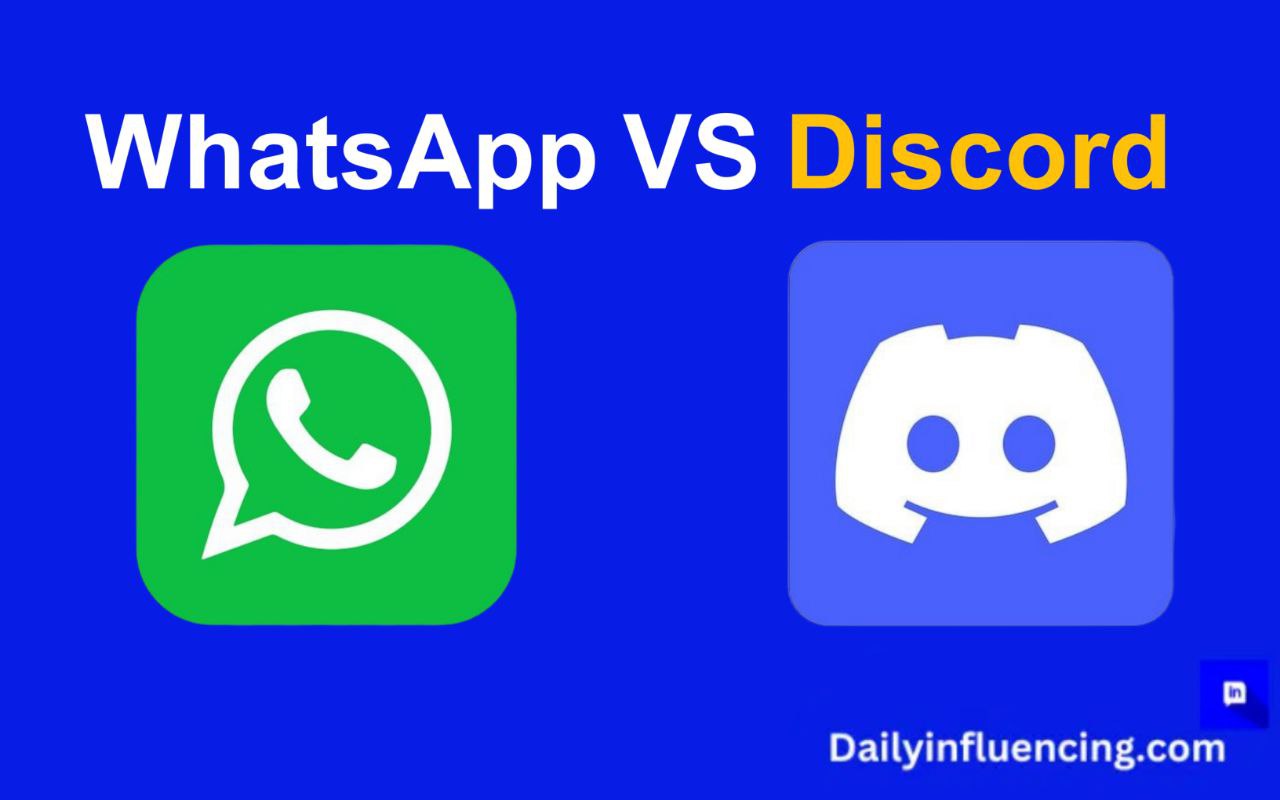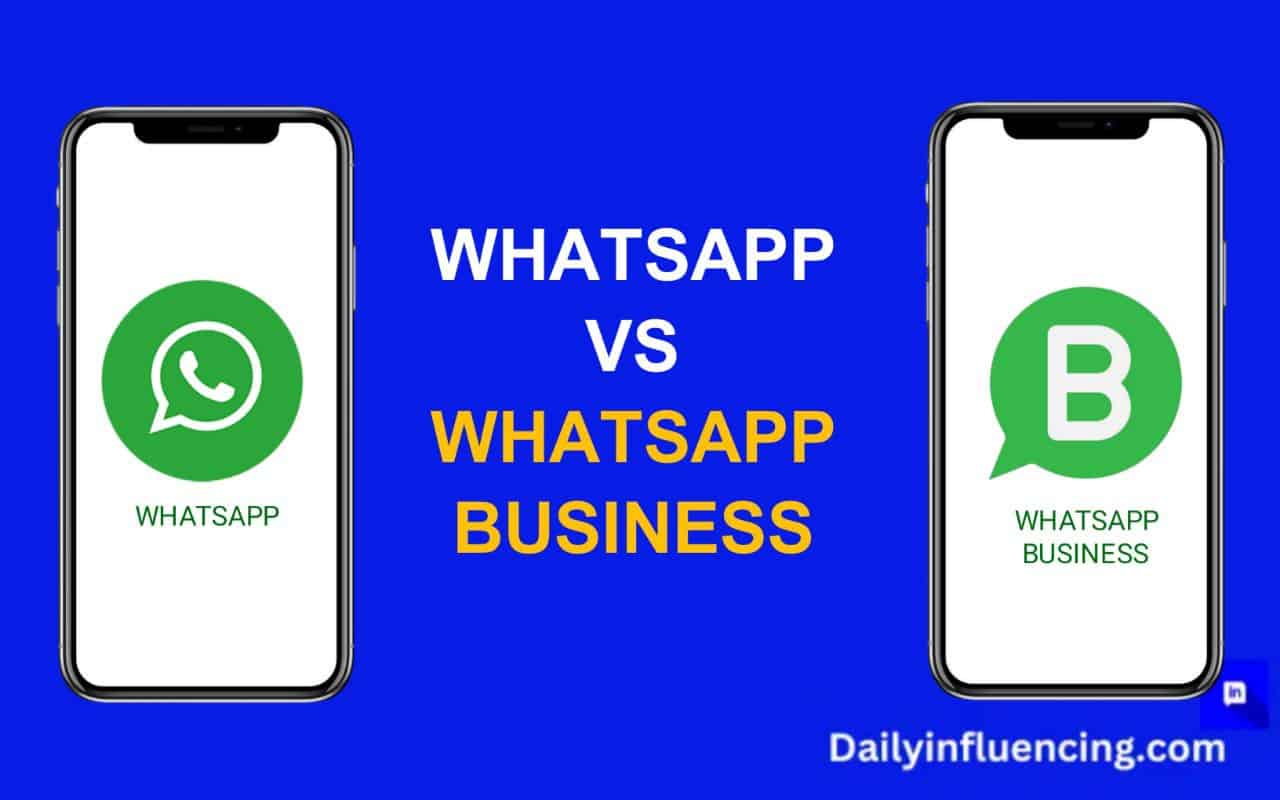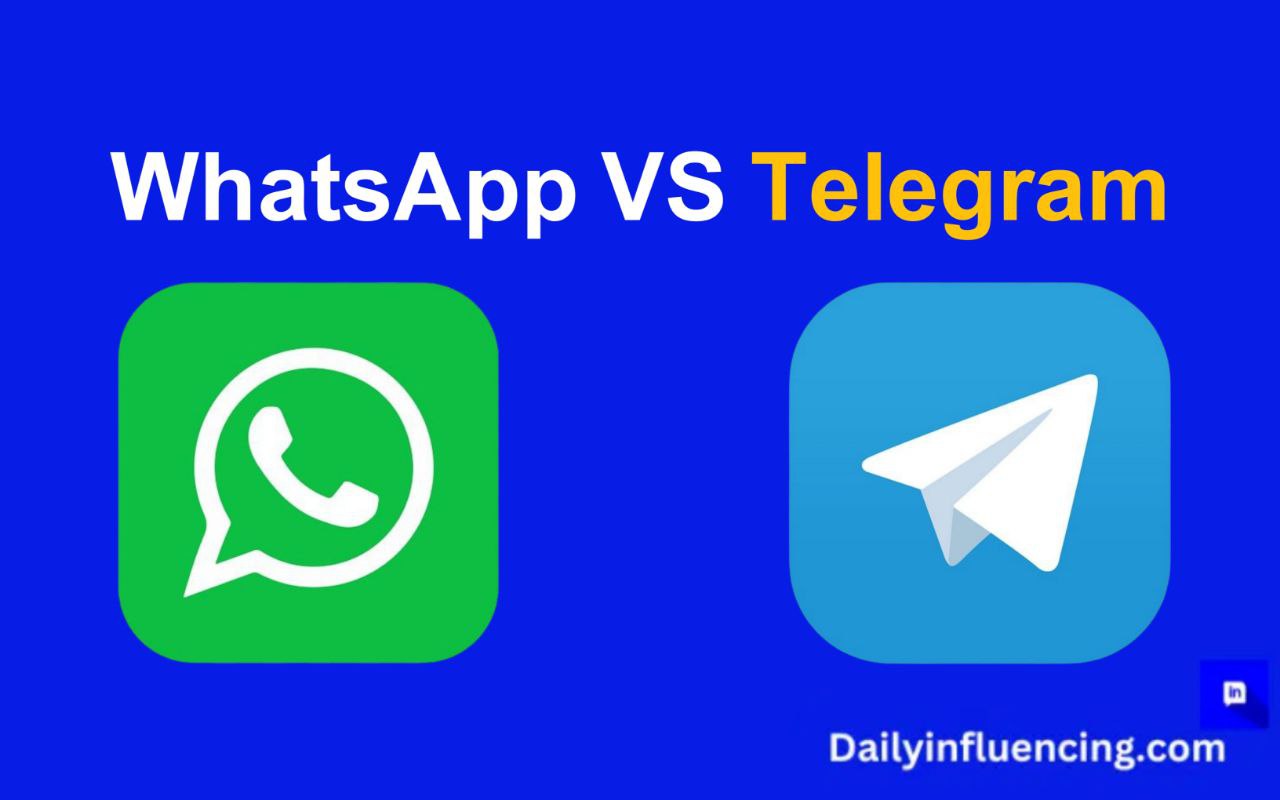
Choose the right WhatsApp feature for your needs. Learn the differences between WhatsApp Channel and Group.
Effective communication is the backbone of any successful relationship, whether personal or professional. Consequently, with the rise of messaging apps, WhatsApp has become one of the most popular platforms for connecting with others.
Notably, with over 2 billion monthly active users, WhatsApp has become an essential tool for staying in touch.Moreover, two of WhatsApp’s most useful features are WhatsApp Channels and Groups. Both features allow users to communicate with multiple people at once, but they serve distinct purposes and offer different benefits.
Specifically, understanding the differences between Channels and Groups can help you communicate more effectively and efficiently, which is particularly important for personal and business purposes.Meanwhile, it’s worth noting that many users are unclear about the differences between WhatsApp Channels and Groups.
However, by the end of this article, you’ll have a clear understanding of how to use these features to enhance your communication.
What is a WhatsApp Group?
A WhatsApp Group is a feature that allows users to communicate with multiple people at once. Essentially, it’s a chat room where group members can share messages, photos, videos, and even make voice and video calls.
To create a WhatsApp Group, you simply need to select the “New Group” option in the WhatsApp menu, add participants, and give the group a name. Once created, group members can participate in discussions, share files, and interact with each other in real-time.
WhatsApp Groups are ideal for various purposes, including:
– Family discussions
– Friend groups
– Team collaborations
– Community forums
– Study groups
With WhatsApp Groups, you can:
– Share messages, photos, and videos
– Make voice and video calls
– Share files and documents
– Create group polls
– Assign group admins
What is a WhatsApp Channel?
Meanwhile, WhatsApp Channels, also known as Broadcast Lists, serve a distinct purpose. Essentially, a WhatsApp Channel is a feature that allows users to send messages to multiple people at once, but with a twist. Unlike WhatsApp Groups, recipients of a Channel message cannot interact with each other.
Notably, WhatsApp Channels are ideal for one-way communication, where you want to share information with a large audience without allowing them to respond or interact with each other. Consequently, Channels are perfect for businesses, organizations, or individuals who want to broadcast messages to their followers or subscribers.
Furthermore, WhatsApp Channels offer several benefits, including:
- – The ability to send messages to a large audience at once
- One-way communication, eliminating distractions and ensuring your message is conveyed clearly
- The option to add or remove recipients as needed
In addition, WhatsApp Channels are easy to set up and use. Simply create a new Channel, add recipients, and start broadcasting your messages.
In contrast to WhatsApp Groups, Channels have some key limitations. For instance:
- – Recipients cannot interact with each other
- Channels are limited to one-way communication
- You cannot make voice or video calls using Channels
However, these limitations also provide a unique set of benefits, making WhatsApp Channels an essential tool for businesses and organizations.
Key Differences between WhatsApp Channel and Group
As we’ve explored the features and benefits of WhatsApp Channels and Groups, it’s clear that they serve distinct purposes. Consequently, understanding the key differences between these two features is crucial for effective communication.
- Purpose: WhatsApp Groups are designed for collaborative discussions and interactions, while Channels are ideal for one-way communication and broadcasting messages.
- Level of Interaction: In a Group, members can interact with each other, share messages, and engage in discussions. In a Channel, recipients cannot interact with each other, and the communication is strictly one-way.
- Recipient Limit: WhatsApp Groups have a limit of 256 members, while Channels can have an unlimited number of recipients.
- Message Type: Groups support text, image, video, and voice messages, whereas Channels support text, image, and video messages.
- Admin Control: Group admins have more control over the group, including the ability to add or remove members, change group settings, and edit group descriptions. Channel admins have limited control, as they can only send messages to the channel.
- Use Cases: Channels are ideal for businesses, organizations, or individuals who want to broadcast messages to a large audience. Groups are perfect for collaborative discussions, team communication, and social interactions.
By understanding these key differences, you can choose the right tool for your needs and communicate more efficiently.
When to Use WhatsApp Channels
As we’ve explored the key differences between WhatsApp Channels and Groups, it’s clear that Channels offer a unique set of benefits. Consequently, there are several scenarios where WhatsApp Channels are the ideal choice.
Some scenarios where WhatsApp Channels are perfect:
When to Use WhatsApp Groups
WhatsApp Groups are ideal for scenarios that require collaborative discussions, teamwork, and social interactions. Here are some situations where WhatsApp Groups are the perfect choice:
- Discussions and Collaborations: WhatsApp Groups are perfect for discussions and collaborations among team members, colleagues, or friends. Group members can share ideas, discuss topics, and work together on projects.
- Team Communication: are ideal for team communication, especially for small to medium-sized teams. Team members can share updates, discuss tasks, and collaborate on projects.
- Social Interactions: WhatsApp groups are great for social interactions, such as connecting with friends, family, or colleagues. Group members can share personal updates, photos, and videos.
- Community Building: can be used to build communities around shared interests, hobbies, or passions. Group members can discuss topics, share resources, and connect with like-minded individuals.
- Events and Meetups: It can also be used to organize events and meetups. Group members can discuss event details, share updates, and coordinate logistics.
CONCLUSION
In conclusion, WhatsApp Channels and Groups are two powerful features that serve distinct purposes. WhatsApp Channels are ideal for broadcasting messages to a large audience, while WhatsApp Groups are perfect for collaborative discussions, teamwork, and social interactions.
By understanding the key differences, features, and benefits of WhatsApp Channels and Groups, you can choose the right tool for your specific needs. Whether you’re a business looking to broadcast updates to your customers, a team looking to collaborate on a project, or a community looking to connect with like-minded individuals, WhatsApp Channels and Groups have got you covered.
Ultimately, the choice between WhatsApp Channels and Groups depends on your specific goals, audience, and communication style. By leveraging the unique features and benefits of each, you can enhance your communication, collaboration, and community-building efforts.




